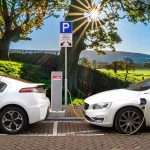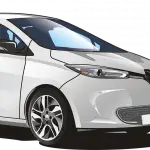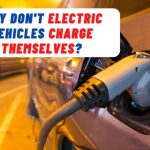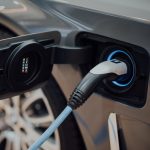Last Updated on August 26, 2022 by
There are significant pros and cons associated with owning an EV (Electric Vehicle). EVs are cost-effective and cause less pollution. Conversely, electric vehicles are held back by longer charging times and limited mileage.
Both sides of the argument have some convincing points. But can EV really replace vehicles run on fossil fuels? This article attempts to answer the pressing question.
Can Electric Vehicles Replace the Engine Based Vehicles
It all depends on the context. What is the vehicle used for? How often is it driven and to what distances? The answers to these questions will determine if EVs can replace vehicles run on fuel.
For instance, electric vehicles can be a better option for daily commute. When it comes to local activities like heading to the office or shopping for groceries, EVs are preferable.
There are a couple of reasons for this. First, electric vehicles can be easily charged at home. Depending on the type of charger, you can charge your EV rather quickly.
Second, an average electric vehicle can run for 50 to 90 miles on a full charge. That is a lot of power if you intend to travel to nearby places. Also, you can save time avoiding gas stations.
Third, there is relatively low maintenance cost in electric vehicles. For example, you need to change your engine car’s motor oil every 6 months. EVs do not have this issue.
What Will Replace Electric Cars in the Future
At the moment, electric cars are considered to be the future. However, there are some stark infrastructural and technological limitations that EVs face.
Until a breakthrough in technology pushes electric vehicles to overcome their shortcomings, the best case scenario seems to be hybrid cars.
A hybrid car sounds like the best of both worlds. It is powered by both gasoline and batteries. But it is not as simple as that. For starters, you cannot plug your hybrid car in for charging.
Instead, hybrid cars have regenerative braking mechanics which charge the car batteries. The internal combustion of the engine also contributes to the charging process.
Battery use reduces a hybrid car’s reliance on fuel. This means the car will require less gasoline to run its auxiliary functions. It is a significant improvement from purely fuel-powered vehicles.
You reduce your carbon footprint in the world. At the same time, you can enjoy a high performance ride which does not sacrifice fuel economy while driving a hybrid car.
Electric Cars Will Never Take Over – Discuss
While EVs are gaining popularity in all developed economies, they are a long journey away from becoming the preferred car for driving.
As mentioned earlier, electric cars are limited in their technology and scope of use. While advancements are slowly being made, it is unlikely that electric cars will completely replace fuel cars.
Here are the reasons –
- As mentioned earlier, electric cars give an average mileage of 70 miles on a full charge. This is enough if you want to travel in your neighborhood. Anything outside your locality is impossible.
- Many drivers complain of subpar car performance when it comes to electric cars. There are issues of no pick-up, limited speed on highways, poor handling and battery unreliability.
- Electric cars are not completely safe for the environment. The power used to recharge the car batteries is produced using fossil fuels and coal. Indirectly, EVs still add to pollution.
- Even if your electric car drives well, there is always a risk of running out of juice. In that event, most cities and towns do not have car recharging stations.
- You will be stranded if your battery runs out. On the contrary, there is a fuel pump or a gas station at every corner of any neighborhood.
- Recharging the car battery can consume a lot of time. Depending on the car brand or battery, it can take anywhere between 3 and 9 hours to fully charge your electric car.
- When you buy an electric car, you also need to invest in an at-home recharging station. This battery recharge setup can cost you around $2.5K or even more.
- The image of electric cars is not cool enough to attract customers. Most people do not care about the environment. Also, many EVs have poor exterior design, becoming more undesirable.
- Your electric car battery needs to be replaced every few years. This is an added expenditure on your pocket. A new battery can cost anything between $500 dollars and $1k, or even more.
- Buying an electric car in itself is very expensive. Most EVs have an exorbitant price. This is a major reason why electric cars are not more popular.
- Lastly, the lower gas prices also deter people from switching their fuel cars out. Unless the gas prices are raised for a prolonged period, people have no real incentive to buy an electric car.
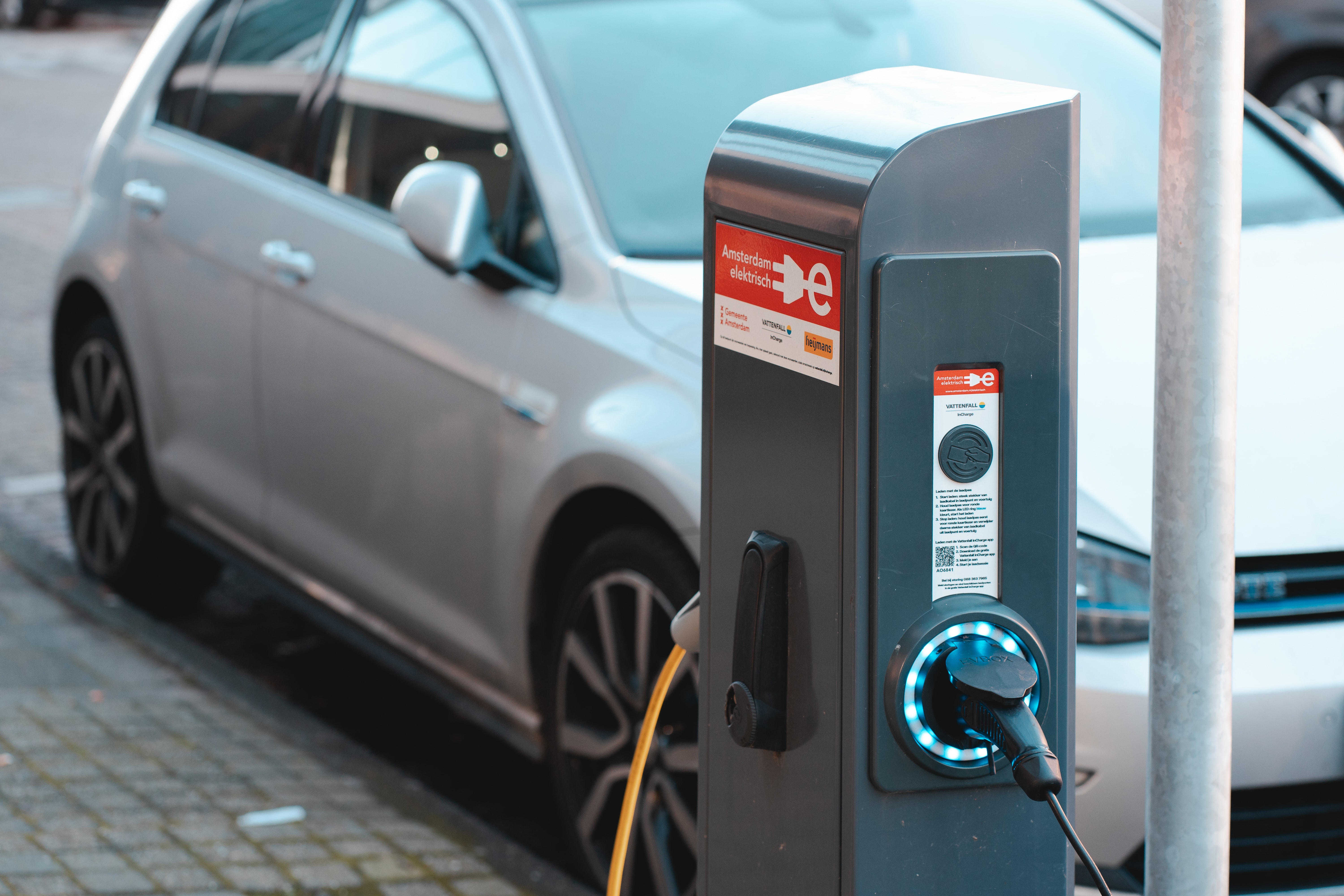
When Will Electric Cars Be Affordable?
There is some good news surrounding the price of electric cars. According to sources from BNEF (Bloomberg New Energy Finance), electric cars will get cheaper by 2025.
The reason for the fall in car price is attributed to lower battery prices. As per BNEF, this trend will be visible in places like Europe and the United States.
At the moment, electric cars are beyond the reach of the humble middle-class. With the lowered car prices, salaried individuals can finally contribute to a cleaner and better environment.
When Will Electric Cars Take Over Gas Cars
The estimated development in 2025 could impact the gas car industry. There is a likelihood of electric cars becoming cheaper than the fuel-powered ones.
On top of that, electric cars are more cost-effective as you save money on fuel and maintenance. Electric cars are not perfect, but continuous technological advancement will improve the cars drastically.
What Will Happen to Gas Cars After 2035
In April, 2022, regulators in the state of California revealed a proposal to stop the sale of new gas cars by the year 2035. This is to push for more zero-emissions and electric vehicles in the state.
The plan comes from CARB (California Air Resources Board). According to the POA, by 2026 the Californian government plans to make 35% of all cars hydrogen or battery-based.
Gradually, the aim is to reach the 100% milestone by the year 2035. The most number of passenger cars in the US are sold in the state of California (11% of all passenger cars).
However, people who already own gas cars can still drive them in 2035. Also, older gas cars can be sold and purchased as the new proposal is only applicable to new cars in the market.
By 2035, all electric vehicles should offer 150 miles of drive per full charge, according to the proposal. In the same year, about 20 per cent of the cars can be a hybrid, running on both gas and battery.
FAQ Relating to Electric Vehicle Replacing Gas Powered Cars
So far you have seen how electric vehicles perform currently. But you have also glimpsed the future where these vehicles can become much better and cheaper.
For those of you who still have some questions in mind, here are the most common frequently asked questions.
How Much Longer Will Gas Cars Be Around?
While governments of California and Ottawa have decided to ban the sale of gas cars by 2035, this does not mean that gas cars will simply cease to exist.
According to a Navigant auto analyst (Sam Abuelsamid), think of a scenario where100 per cent of all vehicles sold in the world were electric. Even then it would take around 25 years to replace all the existing gas automobiles.
A more practical outcome includes coexistence between electric, gas and hybrid cars. At the moment, the sales of both electric and hybrid cars is not even close to the popularity of gas cars.
Can You Still Drive Gas Cars After 2035?
For a while, yes. The idea behind proposing a ban on new gas cars is to allow for an achievable shift to electric cars. This means, people cannot buy new gas cars in 2035, but they have access to the old ones.
All gas car models which were manufactured and sold before 2035 can be driven and resold legally.
Why Electric Cars Should Not Replace Gas Cars?
At the current stage of technology, electric cars are nowhere close to gas cars in terms of performance and driving experience.
Gas cars outclass electric cars in every other metric, except perhaps in fuel efficiency. Infrastructure-wise there are no electric car recharge stations to make things convenient.
Therefore in the short-term electric cars cannot and should not replace gas cars.
What Will Happen to Gas Stations When Electric Cars Take Over?
In the event of electric cars becoming the norm everywhere on the globe, the gas stations will also undergo a change. Instead of selling gas, they will have battery recharge setups.
It should not lead to the loss of employment for the gas station staff.
- Why Electric Vehicles Are Not Popular - January 29, 2023
- How Long Do Tesla Batteries Last Per Day? Battery Facts - January 25, 2023
- Do Electric Vehicles Have Air Conditioning? - December 21, 2022

